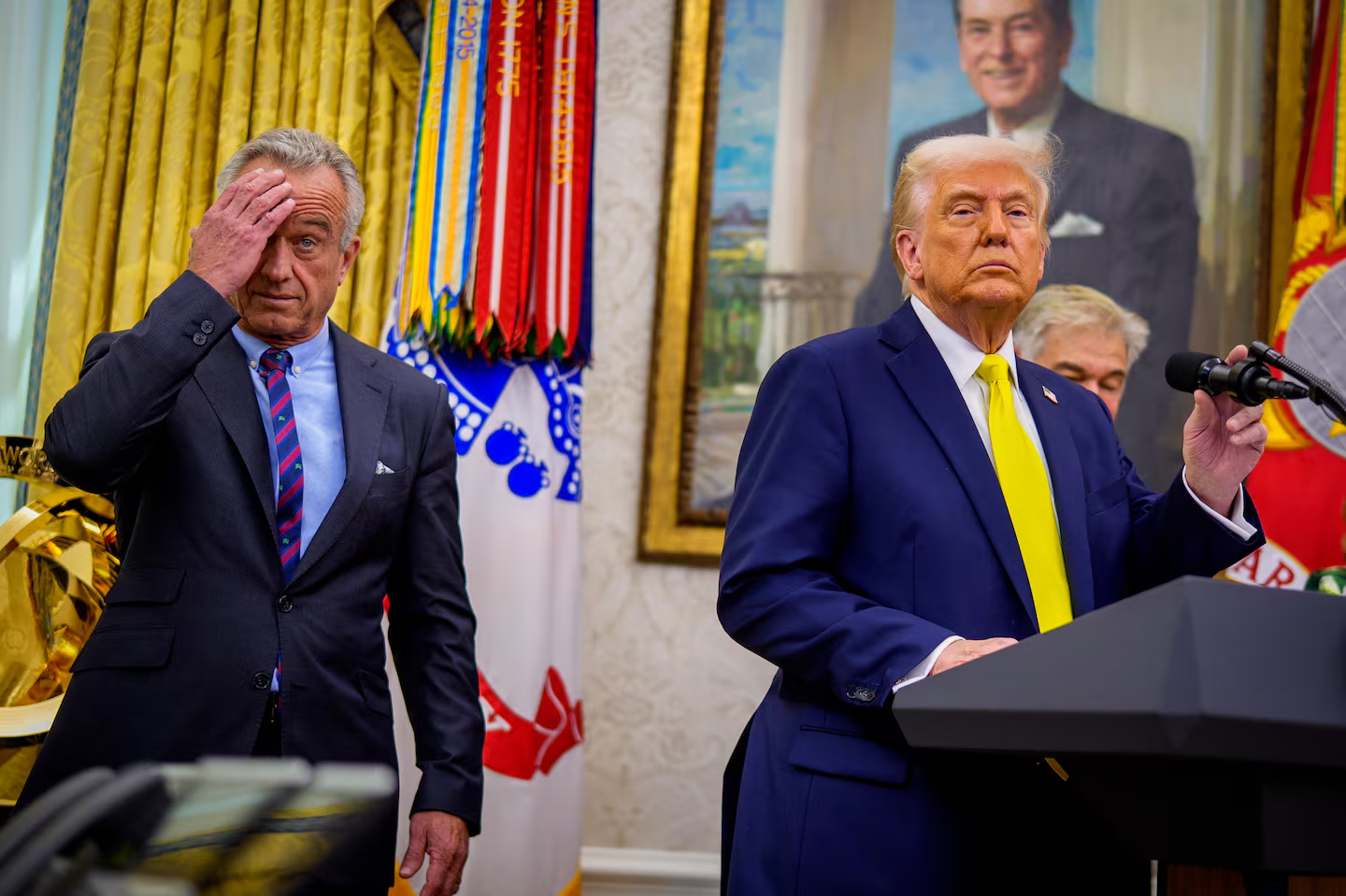Sri Lanka Election Goes to Historic Second Count. In an unprecedented turn of events, Sri Lanka’s presidential election has entered a historic second round of counting. This marks the first time in the nation’s history that no candidate secured the required majority in the initial count, leading to a second round to determine the winner. This election has captivated the nation and the world, highlighting the dynamic and evolving nature of Sri Lankan politics.
The Election Overview
The presidential election, held on September 21, 2024, saw a record turnout of voters eager to shape the future of their country. With 38 candidates in the fray, the election was a highly contested battle, primarily between three major contenders: Anura Kumara Dissanayake of the National People’s Power (NPP), Sajith Premadasa of the Samagi Jana Balawegaya (SJB), and the incumbent President Ranil Wickremesinghe.
The First Round Results
The initial round of counting revealed a tight race. Anura Kumara Dissanayake emerged as the frontrunner with 39.52% of the votes1. Sajith Premadasa followed closely with 34.28%, while the incumbent President Ranil Wickremesinghe garnered 20.15%2. Despite leading the count, Dissanayake fell short of the 50% majority required to win outright, necessitating a second round of counting.
The Second Round of Counting
The second round of counting involves the redistribution of votes based on voters’ second and third preferences. This process, known as the preferential voting system, ensures that the final winner has broad support across the electorate. The Election Commission has stated that the second round will be conducted transparently and efficiently to ensure a fair outcome3.
Key Candidates and Their Campaigns
Anura Kumara Dissanayake
Anura Kumara Dissanayake, the leader of the Marxist Janatha Vimukthi Peramuna (JVP) and its broader front, the NPP, has been a vocal advocate for social justice and economic reforms. His campaign focused on addressing corruption, improving public services, and promoting sustainable development. Dissanayake’s message resonated with many voters, particularly the youth and working-class citizens1.
Sajith Premadasa
Sajith Premadasa, the leader of the SJB, campaigned on a platform of economic recovery and national unity. He promised to tackle the economic challenges facing Sri Lanka, including inflation and unemployment, and to foster a more inclusive society. Premadasa’s appeal to a broad spectrum of voters, including urban and rural populations, helped him secure a significant share of the vote2.
Ranil Wickremesinghe
The incumbent President Ranil Wickremesinghe, representing the United National Party (UNP), focused his campaign on stability and continuity. He highlighted his administration’s efforts to stabilize the economy and improve international relations. Despite his experience and political acumen, Wickremesinghe’s support base was not enough to secure a majority in the first round3.
The Political Climate
Sri Lanka’s political landscape has been shaped by recent economic challenges and social unrest. The 2022 economic crisis, marked by severe shortages of essential goods and skyrocketing inflation, has left a lasting impact on the electorate. Voters are seeking leaders who can navigate these turbulent times and bring about meaningful change.
The Role of the Election Commission
The Election Commission of Sri Lanka has played a crucial role in ensuring the integrity of the electoral process. Chairman R M A L Rathnayake emphasized the importance of transparency and fairness in the second round of counting. The Commission has implemented stringent measures to prevent any irregularities and to maintain public trust in the electoral system.
International Reactions
The international community has closely monitored the election, recognizing its significance for Sri Lanka’s democratic process. Various countries and organizations have expressed their support for a fair and transparent election. Observers from international bodies have been present to ensure that the election adheres to global standards of democracy and human rights4.
The Path Forward
As Sri Lanka awaits the final results of the second round of counting, the nation stands at a crossroads. The outcome of this historic election will shape the future of the country and determine its path towards recovery and development. Regardless of the winner, the new president will face the daunting task of addressing the economic and social challenges that lie ahead.
Conclusion
The 2024 presidential election in Sri Lanka is a landmark event in the nation’s history. The move to a second round of counting underscores the competitive nature of the election and the evolving political landscape. As the country prepares for the final outcome, there is a sense of anticipation and hope for a brighter future. The election has not only highlighted the democratic spirit of Sri Lanka but also the resilience and determination of its people.
This this also: Tragedy Strikes: At Least 51 Dead in Iran Coal Mine Explosion





